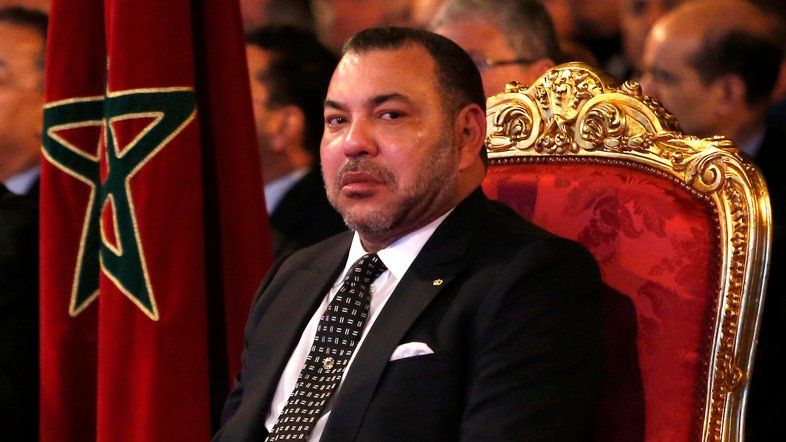Gulf News
AP
Says they are overlapping, uncoordinated and missing target populations.
Rabat- Moroccan King Mohammad VI has criticized the North African kingdom’s social development programmes as overlapping, uncoordinated and missing target populations, in a speech from a northern town that has been the epicentre for social unrest.
The king’s remarks on Sunday during the annual Throne Speech has special significance because he spoke in Al Hoceima, where the Hirak Rif social movement was born and a month after 53 activists were given tough prison sentences.
The monarch said that ministries and public agencies spend time enforcing welfare programmes but they “overlap, lack proper coordination and don’t target the populations that actually deserve help.”
He did not mention Hirak but warned against “nihilists and other merchants of illusion” who use disfunctions “in order to strike at Morocco’s security and stability.”
The speech marked the 19th anniversary of King Mohammad’s accession to the throne.
Al Hoceima is in the neglected northern Rif region.
The king, 54, has travelled there in the past. But holding his Throne Speech in Al Hoceima was a bold way to dissuade the population against the protest movement while telling public servants to fix the problems.
“I call on the government and all stakeholders concerned to undertake an in-depth, thorough restructuring of national social welfare programs and policies,” the king said in the nationally televised speech.
The Harak Rif movement has demanded that the king fulfil promises he made last year to build a school, a university and a hospital in the region. The seeds of the protest began in October 2016 when an impoverished fish seller in the region was crushed to death while trying to retrieve a valuable swordfish seized by police, who had tossed it into a garbage truck.
Hirak Rif leader Nasser Zefzafi, who launched the campaign for development and job creation, was convicted in June of threatening state security and sentenced to 20 years in prison, along with three activists. Fifty other activists received sentences ranging from one to 15 years for lesser charges.








